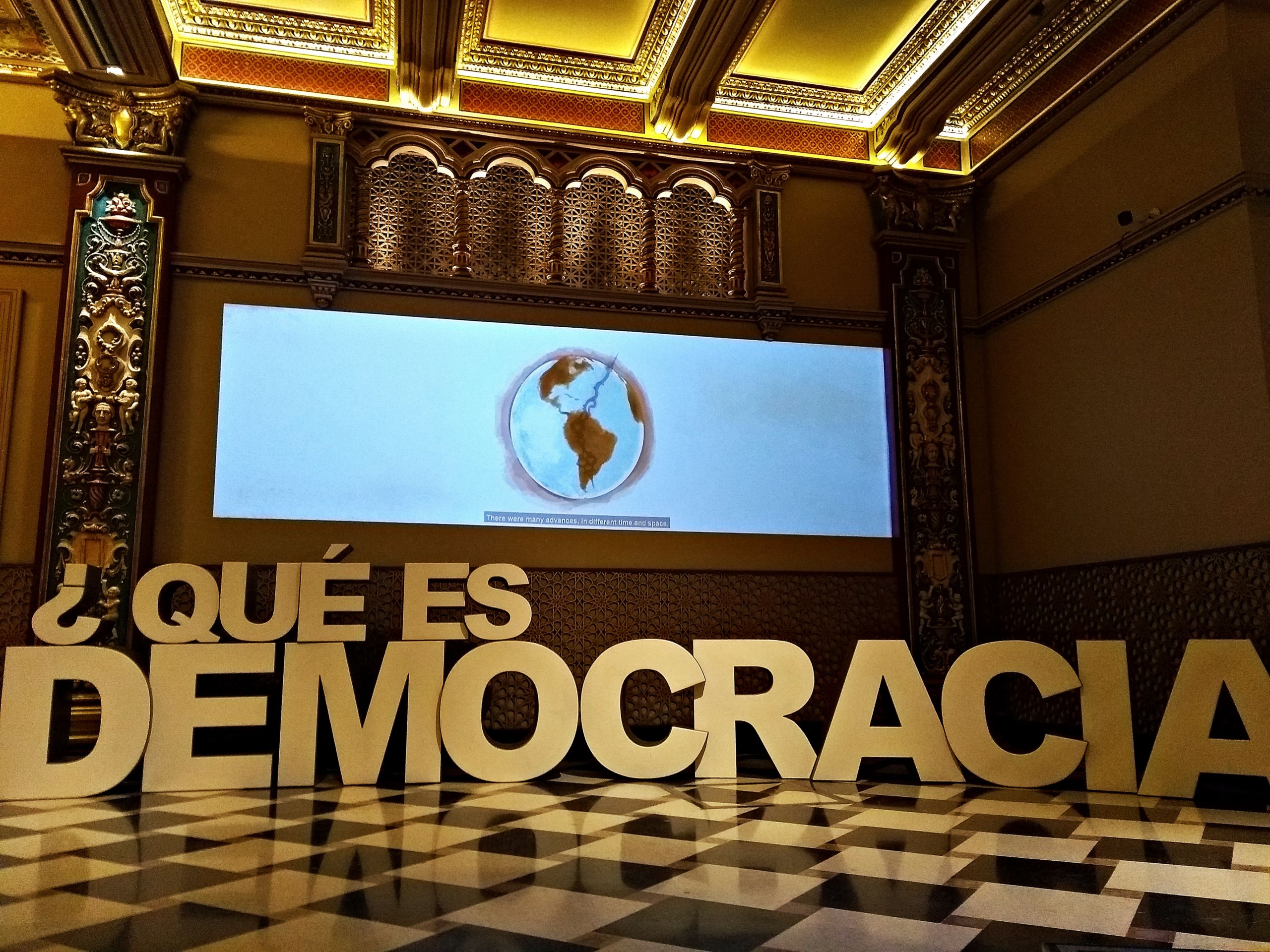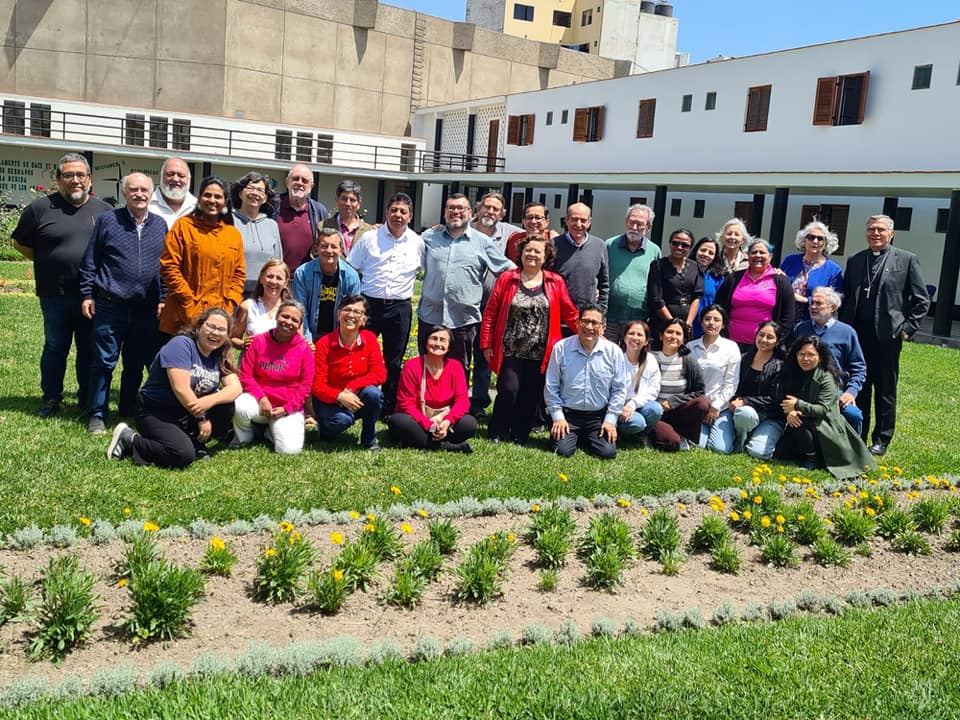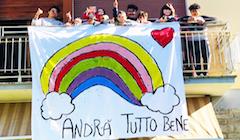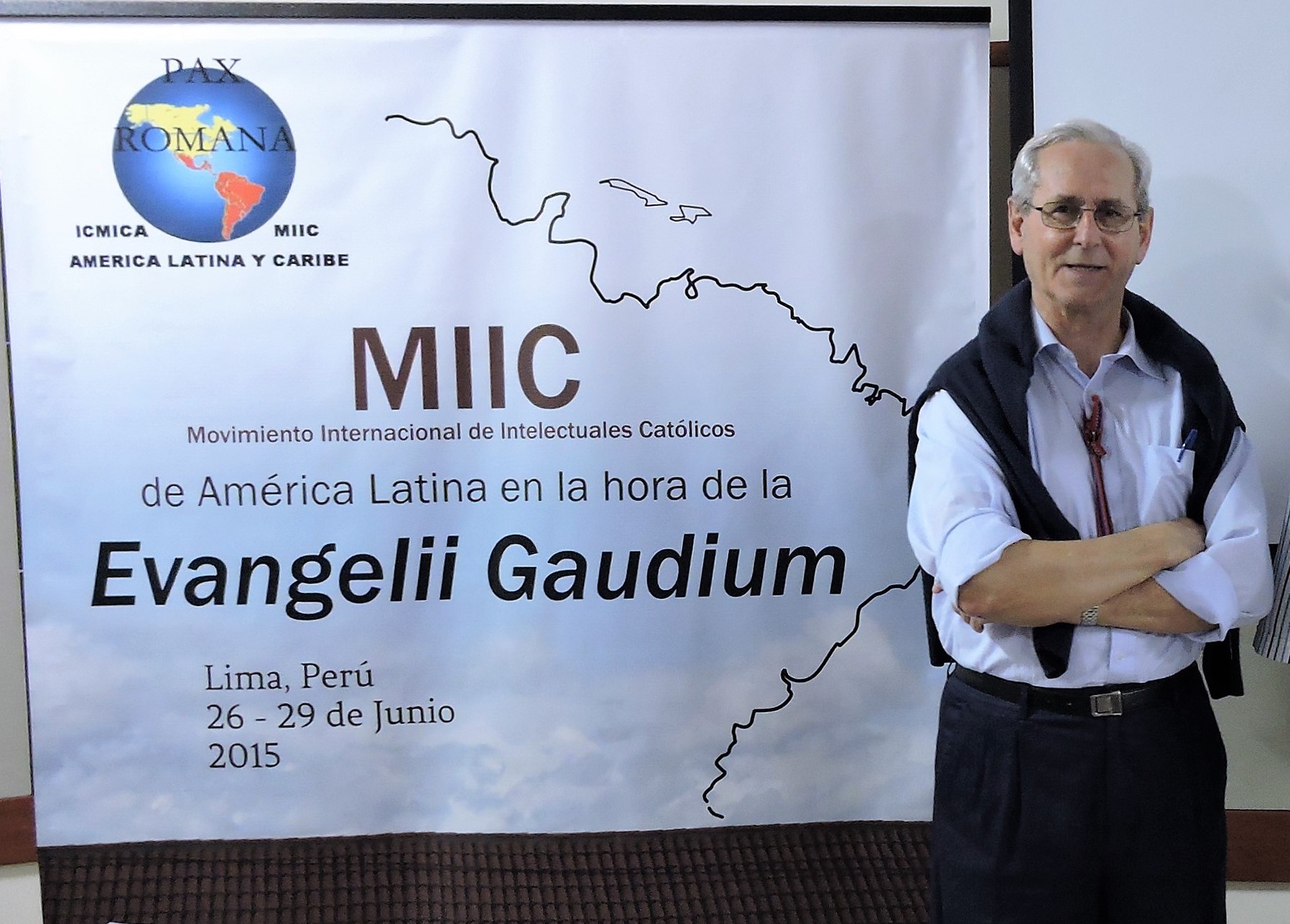(translated from Spanish)
Summary prepared by: Héctor Mella Escobar – Coordinator MPC- MIIC-Chile
Report of ICMICA Dialogue on June 13
On June 13th the ICMICA Latin American Team organized an online dialogue on Democracy in Latin America (Even in a Pandemic). The dialogue engaged 40 people from 11 countries. It was directed by Elisabeth Müller, Latin American Vice President and featured presentations by Gerardo Caetano (Uruguay) and Rolando Ames (Peru).
The following are some of the key themes to emerge from the discussions:
- The evolution of history tells us that democracy in the region is at risk after more than 30 years in which dictatorial regimes driven by the ideology of national security left the region. This is a situation difficult to foresee as we value democracy after such bloody dictatorships.
- That democracies do not necessarily end with coups, but can also be destroyed by regimes that initially emerge democratically, but that take root in power in the process until they end up installing themselves as authoritarian regimes where little by little individual liberties are being curtailed and end up being dictatorships made up of democracy (Venezuela, Nicaragua, etc.).
- In its nature, democracy is an unfinished, dynamic system that must permanently balance the participation of powers. It is the people who rule. Today, we see that the Armed Forces are again taking a disproportionate role, with governments in the region remaining in power thanks to their support.
- It is evident that the churches have more popular approval than the political parties and are assuming a position against the agenda of the new right. While less than other churches, some leaders in the Catholic Church are also advocating for a return to the order understood as traditionally established by God and tend to resist advances in relation to gender equality. Other church leaders defend messianic leaderships and promote an extreme defense of authority and order.
- The pandemic has put us in a very interesting scenario. The world has been given a moment to stop and reflect on its lifestyle and whether the accelerated desire to achieve, enjoy and possess everything is really what makes us happy. It forces us to have good public policy. In the old system, there was a loss of prestige of everything communal, of the political, since it seemed that the development of society occurred naturally due to advances in science and technology.
- Another risk for democracy in the COVID related lockdowns is the manipulation that can occur through the media and social networks. Today, there are very sophisticated means of managing people’s tendencies and thoughts; In this scenario, highly authoritarian “messianic” leaders can easily appear, who can destroy democracy in more subtle ways than we knew in the past.
Finally, an important key in strengthening democracy is closeness to young people, since they better interpret the new times; and closeness to the poor, who will always be a benchmark of the voice of God crying out for greater dignity.
Summary prepared by: Héctor Mella Escobar – Coordinator MPC- MIIC-Chile
* Presenters
-Rolando Ames- Political scientist and professor of political science at the Pontificia Universidad Católica del Perú. He has been a senator of the Republic of Peru. Member of the MPC of Peru
-Gerardo Caetano- Uruguayan historian and political scientist, university professor and president of the Superior Council of the Latin American Faculty of Social Sciences (FLACSO)





Leave A Comment
You must be logged in to post a comment.